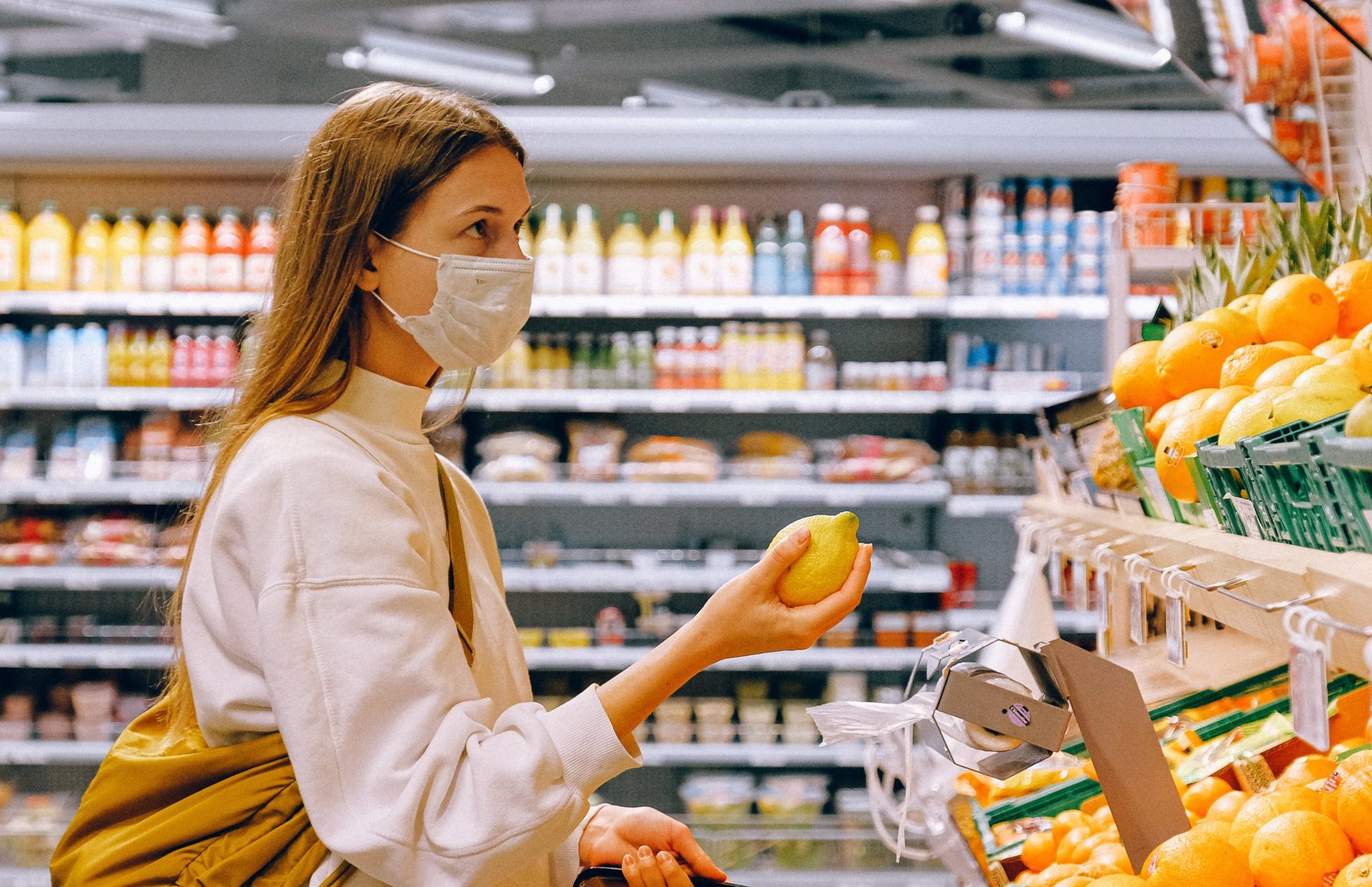

Coronavirus weekly tracker: 26th May 2020
As lockdown across the UK continues into its eighth week, what can we not bear to see on our screens?
In this new world, even seemingly innocuous themes could be perceived as strange at best and downright offensive at worse.
There’s no doubt that after nearly two months of lockdown, we’re spending more and more time in front of our screens— watching TV, reading news articles online, or checking social media— which, in turn, means we’re exposed to more and more advertising material.
As discussed in previous articles, brands need to exercise empathy and sensitivity more than ever at this time. However, as has also been noted elsewhere many ads related to COVID-19 are hard to differentiate, following a similar formula of sentimentality and sincerity.
We added bespoke questions to our weekly coronavirus tracker to find out what the public really don’t want to see on their screens when it comes to comms messages from brands.
1. Crowded scenes
Although two months isn’t long compared to a lifetime of crowds being the norm, we’re already uncomfortable (or envious) by the sight of a large gatherings.
Our data shows that one in four (25%) people would be offended by new advertising that included crowded scenes, and a further 31% said they would find it inappropriate.
As the latest government update over the weekend confirmed, the lockdown isn’t going away any time soon. Social gatherings and parties won’t be part of our lives for a while and it looks like the public would like the content on our screens to reflect that reality.
2. Football celebrities
Many footballers have raised money for those in need during the pandemic. For example, in early April, Premier League players came together to launch the #PlayersTogether initiative, which aims to distribute money where it’s needed during these challenging times.
However, despite these acts of goodwill, the public are reluctant to see footballers on their screens (unless it’s to play football).
Just over one in five (22%) people say that they would be offended by celebrity footballers promoting brands or products, and a further 29% say that they would find it inappropriate.
With news reports of non-playing staff from some clubs being furloughed while high-profile stars continue to be paid, it seems that the public aren’t in the mood for the celebrity sport star excess of a pre-coronavirus world.
3. People flaunting new purchases
With shops closed and nowhere to go, consumer spending has fallen massively since lockdown measures began.
Furthermore, the economic effects of the pandemic means people have less disposable income generally with 6% reporting that they have lost their job/ source of income as a result of the pandemic and 41% reporting a decrease in their disposable income.
It comes as no surprise then that just over one in five people (21%) would be offended by people flaunting new purchases during advertisements and 32% would find it inappropriate.
What do they want to see?
On the other hand, rather than becoming cynical in lockdown, the public enjoy seeing happy families at home with a fifth (21%) saying they would strongly welcome it and a further 17% saying they would be glad to see these scenes. Of all scenarios mentioned this was by far the public’s favourite.
Full data set here:
If you want to test your advertising messages, get in touch to find out about our Digital Ad Performance product and how it can help you test your ideas and concepts at this particularly sensitive time.
Join our webinar on Wednesday 10th June to find out more.
The statistics in this post are taken from Savanta’s Covid-19 trackers. If you would like to know more, access additional data analysis or would like to ask your own questions, please click here.









